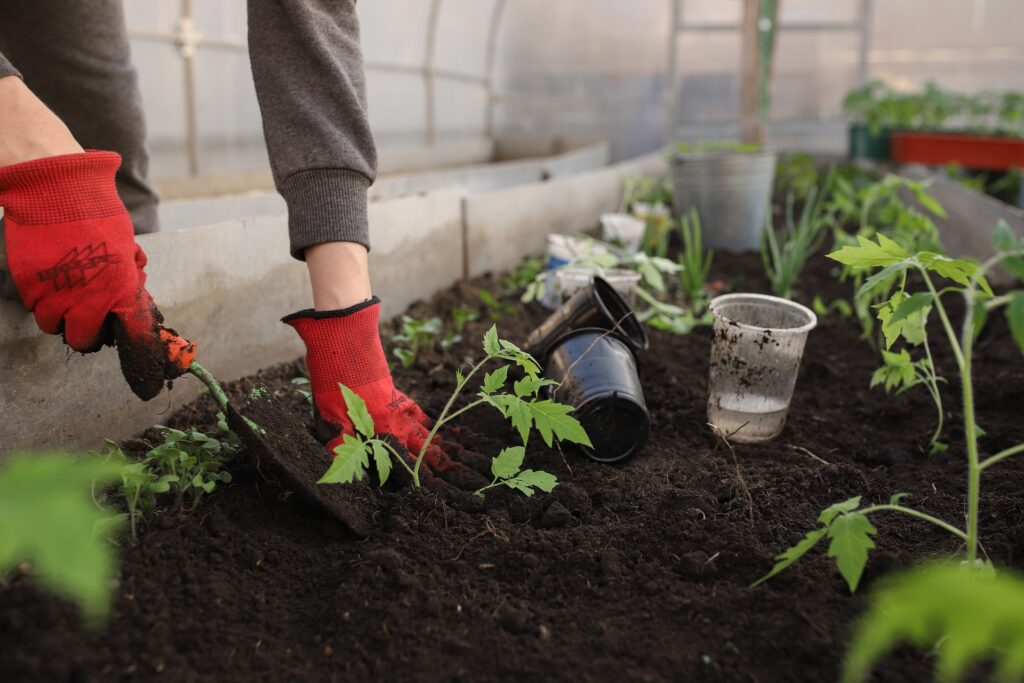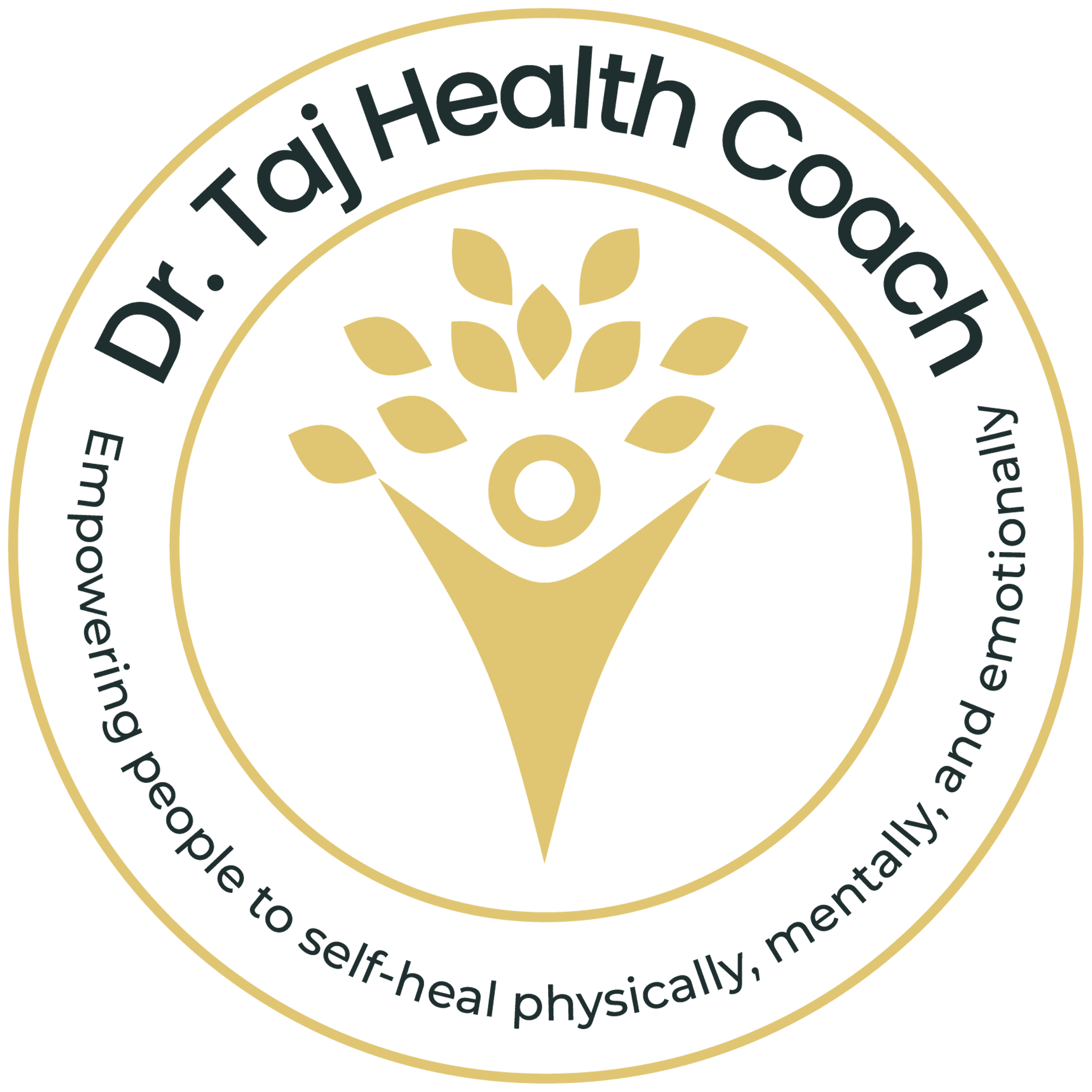
Glyphosate herbicide has been heavily used since the 1970s, primarily in agricultural settings. It works by blocking an enzyme pathway found only in plants, preventing them from growing and eliminating weeds.
While this may seem like a great solution to farmers who want to keep their crops weed-free with minimal effort, there are some serious potential dangers associated with its use. Studies have shown that glyphosate can be harmful to humans as well as the environment, so it’s important for us to understand how exactly it affects us before we continue using it on such a large scale.
In this article we will explore the various ways glyphosate can harm our health and environment, and why it’s important for us to become more aware of these dangers now rather than later.
Glyphosate Herbicide Dangers to Human Health
Glyphosate is a chemical used in pesticides and herbicides that have been found to be dangerous for human health. It can cause skin irritation, respiratory problems, and even cancer or infertility when too much is inhaled or absorbed into the body.
There are reports of people who were exposed to glyphosate having headaches and nausea, as well as long-term neurological damage like memory loss. Studies have also linked glyphosate exposure to an increased risk of some types of cancer, like lymphoma and leukemia.
This chemical is widely used in agriculture, but its use needs to stop to eliminate these risks. With a better understanding of the dangers this chemical poses, we can proactively protect our health from its harmful effects.
Glyphosate’s Harmful Effects on the Environment
Glyphosate is a weed killer that is detrimental to the environment. It can be found in rivers, soil, and precipitation. Animals such as birds, frogs, and mammals can become ill when they come into contact with it.

Glyphosate can be dangerous for people. It can get into our bodies through the skin when we touch weed-killing solutions. Research has shown that glyphosate can cause fertility problems in mammals and mess with the hormones of aquatic animals.
It’s important for us all to recognize the danger of this pesticide so that we can take action against it before more plants and creatures are exposed to its harmful effects.
Glyphosate Herbicide: Why Use it?
Glyphosate is a commonly used chemical that you can find in many products, such as weed killers and sprays. It has become very popular recently for controlling weeds but not everyone knows about the dangers of using it.

Scientists investigate why people are still using it despite knowing there are fatal risks. They want to make sure people know what they’re dealing with when they’re using a glyphosate-based product so they can make smart decisions.
Research is always being conducted on how this chemical affects plants, animals, and even us humans to help explain why so many of us still opt to use this hazardous substance. The research always shows that it is indeed dangerous.
How To Reduce Exposure

One way to reduce exposure to Glyphosate is to buy and consume organic foods. Organic foods are grown without the use of toxic chemicals, like Glyphosate, which can be found in conventional produce.
Organic food costs more, but it is worth it to protect yourself and your family from potential health risks associated with consuming Glyphosate. Another way you can limit contact with this pesticide is by purchasing items labeled “Glyphosate-free” or “Non-GMO” when shopping for food and other products.
For those interested in growing their own vegetables at home, ditching chemical pesticides and fertilizers is an easy choice that helps you avoid using Glyphosate. Plus, it’s fun!
Glyphosate Summary
Glyphosate is a dangerous chemical that can have serious effects on both human health and the environment. It’s important to be aware of these dangers so that we can take steps to protect ourselves from exposure. The best way to do this is by purchasing organic food, buying items labeled “Glyphosate-free” or “Non-GMO” when shopping for products, and avoiding using chemical pesticides and fertilizers when growing your own vegetables at home. By taking these simple precautions, you can help reduce your risk of being exposed to this hazardous substance.
If you are concerned about the risks associated with glyphosate exposure, contact Dr. Taj today. He is not only a doctor, but an expert in natural health and can provide guidance on how to reduce or eliminate your exposure to this harmful chemical. Dr. Taj will work with you to create a customized plan that will make your body thrive and not just survive
